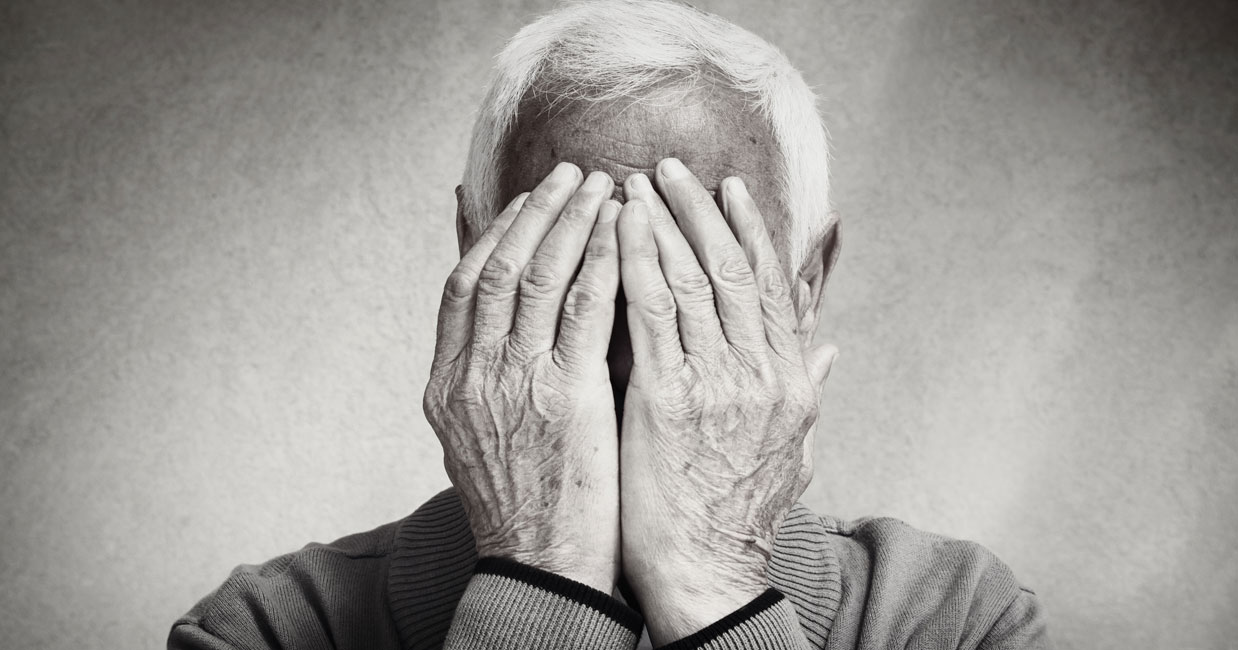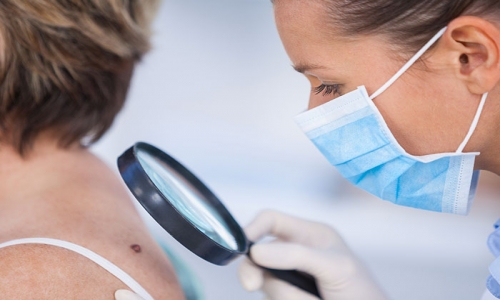16 Jul 2018

Depression is a disease that can affect anyone, at any age.
It has a strong impact on the rhythm of life and the moral state of the person affected. He or she becomes sad, weak, disappointed, overwhelmed by black thoughts, and engulfed in a parallel universe of despair and sorrow.
Causes of depression in the elderly
Contrary to popular belief, the elderly are most affected by the nervous breakdown that can be brutal and aggressive.
From the age of 60, man becomes physically and morally more vulnerable.
The percentage of people who have experienced a depressive episode after the age of 65 is estimated to be more than 20%, generally caused by unexpected events such as:
The loss of a spouse: The person is left alone after one stroke long years of sharing and love
Retirement: the person no longer finds daily occupations, is bored and feels needless overnight
The move: lose his bearings leaving his house and ending up "without a past »
The fear of death: this fear arises especially in the event of loss of autonomy
Depression can also be the result of a less important event such as the death of a pet, as any changes of the sort may be at the origin of depressive trauma in an elderly person.
The symptoms of depression in the elderly
Among the symptoms of depression, we quote:
A great sadness
A loss of interest in the different aspects of life
A pessimism (attention, in some cases the patient with a pessimistic view of life may feel suicidal desires)
Low self esteem and guilt
Intellectual slow down and sleep disturbance
Severe
Sexual problems
Loss or increase in appetite ...
procedures to be adopted in this case
Depression suddenly arises and rapidly impacts the behavior of the affected person.
As soon as you notice these symptoms in a relative, do not hesitate to intervene immediately by inviting him to consult a psychiatrist, who will diagnose the disease and find cures through antidepressants and therapy.
It is also important to encourage the sick to reconnect with society, to take care of and regain self-confidence (a club of drawing, reading, outings, ...).
It is essential not to leave the patient alone in the face of depression, thinking that it will be better the next day. Remember to encourage him to walks with loved ones, to force him, if necessary, to leave his bed in the morning and to change himself ...
To be helped by a specialist is essential, surround the patient with love and patience also.




